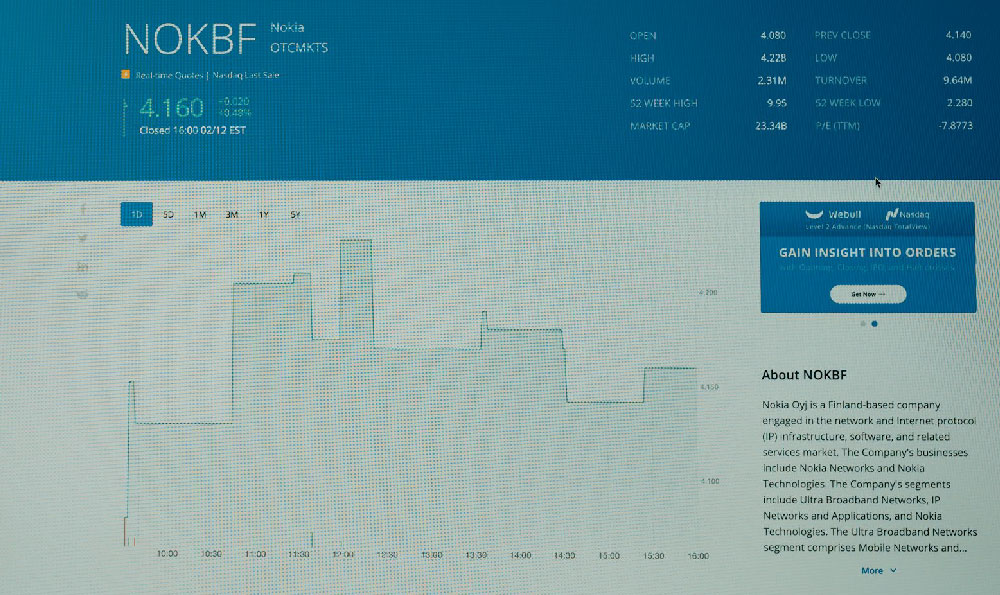The allure of earning money caring for animals, particularly through platforms like Rover, is undeniable. Visions of leisurely dog walks, playful cat cuddles, and a flexible schedule fill the minds of aspiring pet sitters and dog walkers. However, the reality of generating substantial income on Rover is far more nuanced than the idyllic picture often painted. Whether it's truly "worth it" depends heavily on a confluence of factors, including location, time commitment, competitive landscape, and business acumen.
Firstly, consider the geographic landscape. Rover's earning potential is significantly influenced by the demand for pet care services in your area. Densely populated urban centers, with a high concentration of pet owners and demanding work schedules, typically present more lucrative opportunities compared to rural areas where pet owners may rely on friends, family, or have more time to care for their animals themselves. Before diving in, research the existing competition in your locale. How many other Rover sitters are already operating in your radius? What are their rates? What services do they offer? Understanding the competitive landscape is crucial for positioning yourself effectively and determining realistic earning expectations. If there are dozens of experienced sitters offering comparable services at lower rates, breaking into the market and generating significant income will be a considerable challenge.
The time commitment is another critical element. While Rover offers the flexibility to set your own schedule, generating meaningful income requires dedicating a substantial amount of time to the platform. This includes promptly responding to inquiries, conducting meet-and-greets, providing excellent care to pets, and consistently updating your profile and availability. Remember that pet care is often needed during peak hours, such as mornings, evenings, and weekends, which may conflict with other commitments. Full-time employment on Rover isn't passive income; it necessitates treating it like a real business, complete with consistent effort and attention. Passive income is a myth for most Rover users.

Rates play a pivotal role in determining your earning potential. While it's tempting to undercut the competition to attract clients, pricing your services too low can devalue your time and effort. Research the average rates in your area and consider your experience, qualifications, and the quality of care you provide when setting your prices. You should also factor in the cost of supplies, transportation, and any potential insurance or business-related expenses. Experiment with different pricing strategies, such as offering discounts for longer stays or bundling services, to attract clients while maintaining a profitable margin. Don’t be afraid to raise your rates as you gain experience and build a positive reputation.
Beyond the fundamentals of location, time, and rates, building a successful Rover business requires strong communication and customer service skills. Responding promptly to inquiries, providing detailed updates and photos to pet owners, and addressing any concerns or issues professionally are essential for building trust and fostering repeat business. Positive reviews and word-of-mouth referrals are invaluable for attracting new clients and establishing a solid reputation on the platform. Consider offering additional services, such as dog training or pet photography, to differentiate yourself from the competition and increase your earning potential.
Financial management is also crucial. Rover takes a commission from each booking, so it's essential to factor this into your pricing and track your income and expenses carefully. Consider setting aside a portion of your earnings for taxes and unexpected expenses, such as veterinary bills for injured pets. Develop a budget and financial plan to ensure that your Rover income is contributing to your overall financial goals. Treat your Rover earnings like any other business income, tracking meticulously.
Furthermore, consider the inherent risks associated with pet care. Despite your best efforts, accidents can happen, and pets can become injured or ill while in your care. Having appropriate insurance coverage is essential to protect yourself from financial liability in the event of an emergency. Rover offers some basic insurance coverage, but it may not be sufficient to cover all potential costs. Consider purchasing supplemental pet sitter insurance to provide additional protection.
Finally, remember that success on Rover is not guaranteed. It requires hard work, dedication, and a willingness to adapt to changing market conditions. While some individuals can earn a substantial income on the platform, others may find it challenging to generate significant earnings. Set realistic expectations, track your progress, and be prepared to adjust your strategy as needed. The "good money" often quoted stems from consistent effort, glowing reviews, and a well-thought-out business plan tailored to your specific circumstance.
In conclusion, while the prospect of earning "good money" on Rover is certainly possible, it's crucial to approach the platform with realistic expectations and a solid business plan. The platform can be a rewarding and lucrative venture for those willing to invest the time, effort, and resources necessary to build a successful pet care business. However, for others, it may be a less viable option. A thorough assessment of your local market, time commitment, pricing strategy, and financial management skills is essential for determining whether Rover is truly "worth it" for you. Do your homework before diving in, and be prepared to work hard to achieve your financial goals.












